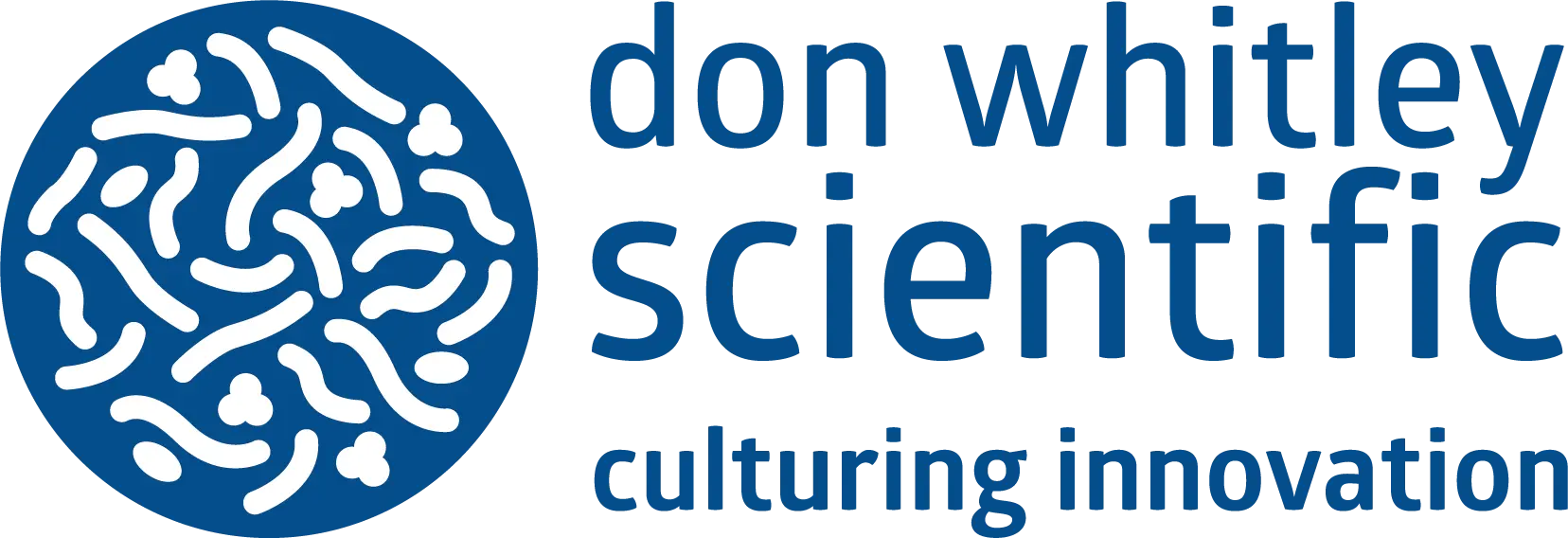
Since Dr Claire Wright's visit to the Don Whitley Scientific (DWS) lab, we have been thinking more about our commitment to sustainability and our efforts to lower our carbon footprint. Similarly, we find it interesting and encouraging to hear about other initiatives striving to do their bit for sustainability.
The ‘Laboratory Efficiency Assessment Framework’ (LEAF), developed in 2018 for University College London (UCL), is a standard set by organisations with the aim of improving the sustainability and efficiency in laboratories. LEAF offers a 3-tiered assessment framework by which labs can achieve a bronze, silver, or gold accreditation. Its emergence derived from the lack of standards in place providing laboratories with the basic guidance for ensuring sustainability, something that is crucial for laboratories due to their resource-intensive nature.
The LEAF programme comprises four elements. These include the framework, which is an online tool that outlines sustainability actions for labs; online calculators, which allow users to track and measure their lab's sustainability; toolkit and resources that provide information about sustainable lab practices; and user engagement and training, which includes workshops designed to educate lab staff and students about sustainable science.
While university laboratories use LEAF to monitor their environmental impact, we have our own industry methods. The DWS lab is committed to and encourages environmentally friendly practices. This involves making thoughtful choices to minimise waste and promote alternative laboratory methods.
These include:
- Recycling all paper, cardboard, plastics, metals (all non-hazardous material).
- Reusing bubble-wrap/foam-chippings in stores/production.
- Turning electricals off after use (if applicable), e.g., water baths, vortex mixers.
- Encouraging the use of sterilised glass instead of plastics (e.g., universals).
- Encouraging the use of glass consumables over plastic consumables (e.g., weigh boats).
- Encouraging full capacity use of autoclaves before starting a cycle (e.g., don’t operate the autoclave for a small number of items).
- Reducing water and deioniser usage when not needed (e.g., waiting until there is sufficient washing up needed before filling the sink full of water, only filling up cylinders with the amount of water needed).
- Using the correct plastic vessels e.g., not using a 50ml Falcon tube if only 10ml of media is required.
- Minimising excessive pipette tip and other plastic use through careful experimental planning.
- Buying lab consumables/products in bulk to reduce deliveries, packaging and cost.
- Using reloadable pipette tip boxes.
- Reducing paper-printing and instead, working from a laptop (also encouraging double-sided printing to reduce paper use).
If you’re interested in reading more about our environmental efforts, or how we achieved the ISO 14001 accreditation, please head over to the DWS website.


 en
en


 English
English